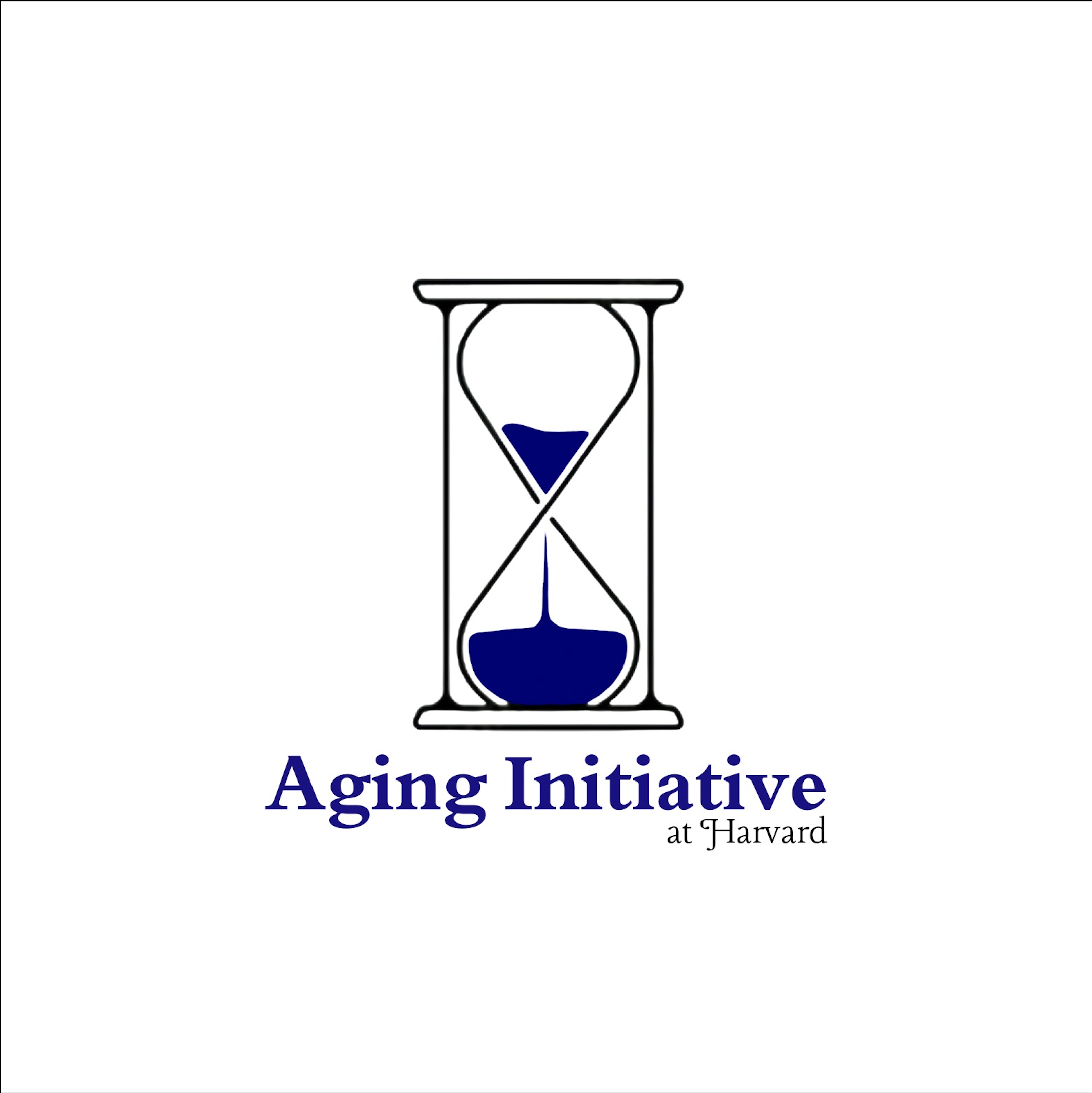Research Paper Volume 11, Issue 20 pp 8879—8891
CD8+CXCR5+T cells infiltrating hepatocellular carcinomas are activated and predictive of a better prognosis
- 1 Department of Hepatic Surgery and Liver Transplantation Center, The Third Affiliated Hospital of Sun Yat-sen University, Guangzhou, China
- 2 Guangdong Provincial Key Laboratory of Liver Disease Research, Guangzhou, China
- 3 Cell-Gene Therapy Translational Medicine Research Center, The Third Affiliated Hospital of Sun Yat-sen University, Guangzhou, China
Received: September 25, 2018 Accepted: September 21, 2019 Published: October 30, 2019
https://doi.org/10.18632/aging.102308How to Cite
Copyright © 2019 Ye et al. This is an open-access article distributed under the terms of the Creative Commons Attribution License (CC BY 3.0), which permits unrestricted use, distribution, and reproduction in any medium, provided the original author and source are credited.
Abstract
CD8+ T cells are thought to be the primary cytotoxic lymphocytes exerting antitumor effects. However, few studies have focused on the antitumor effects of CD8+ T cell-mediated humoral immunity or on interactions between CD8+ T cells and B cells in hepatocellular carcinoma (HCC). We found that the frequency of IL-21-producing CD8+CXCR5+ T cells was higher in HCC tumor tissue than in peritumoral tissue or peripheral blood from the same patients or in blood from healthy donors. Moreover, CD8+CXCR5+ T cells migrated in response to supernatants from primary HCC (HCC-SN) cells, and HCC-SN cells also powerfully induced CXCR5 expression in CD8+ T cells and IL-21 expression in CD8+CXCR5+ T cells. CD8+CXCR5+ T cells from HCC patients, but not those from healthy individuals, stimulated CD19+ B cells to differentiate into IgG-producing plasmablasts. These findings reveal that CD8+CXCR5+ T cells strongly infiltrate HCC tumors, and their infiltration is predictive of a better prognosis. Surprisingly, moreover, CD8+CXCR5+ T cells produced IL-21, which induced B cells to differentiate into IgG-producing plasmablasts and to play a key role in humoral immunity in HCC.




